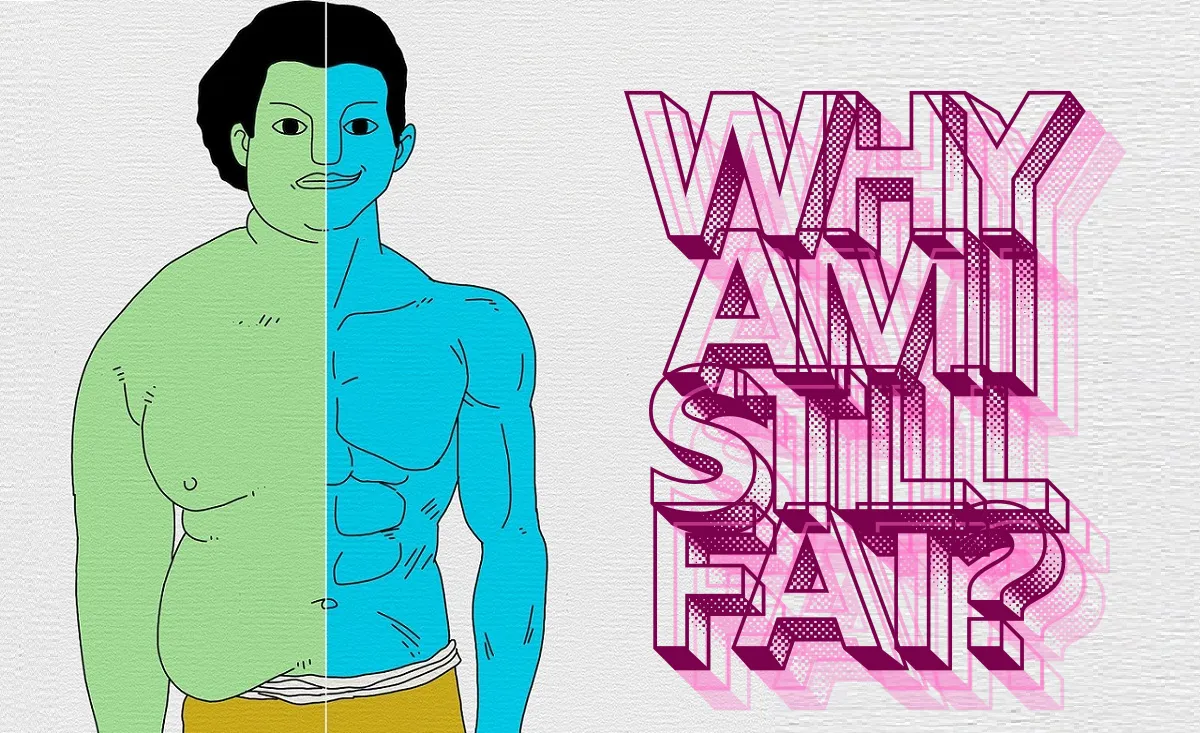We understand how discouraging it feels when you put in so much effort but don’t see the results you’ve been hoping for. You’re not alone in this journey, and the truth is, most of us miss the small yet crucial habits that make all the difference.
Think about it—how often do you rush through meals, eat mindlessly in front of the TV, or grab the quickest, most convenient snack without considering its impact? These seemingly harmless actions could be standing between you and your goal.
It’s not just about cutting calories or working out harder. Real, lasting change begins when you start paying attention to the patterns and behaviors that shape your relationship with food. The way you eat, the choices you make, and even your environment all play a role in how your body responds.
Let’s break this down step by step. Together, we’ll explore how being mindful of what you eat, how you eat, and where you eat to lose weight can set you on the path to a healthier, happier you. You deserve to feel good in your body, and it’s time to make that happen—starting now!
You lack basic food preparation skills:
If your only kitchen skill involves programming the speed-dial to call Domino’s then you are at the mercy of a convenience-food industry geared to the lowest common denominator. Needless to say, Maggi makes its millions because of your kind. And try as you might, you can’t lose weight with a steady diet of grease, salt, white bread and sugar.
Solution:
Take your first baby steps into the kitchen. Make a trip to your grocer’s to pick up some veggies. Buy a saucepan, olive oil, seasonings and cooking for dummies book. Stock up on dried fruit, slow-cooking oats and brown bread to eat healthy. That women can’t resist men who cook is a fringe benefit.
You inhale food:
You probably eat so fast that your stomach hardly has time to alert your brain to tell your mouth to quit chewing any more.
Solution:
Try this drill during your next meal. On every bite, chew, swallow, put down your spoon and take a sip of water. See how long it takes you to eat. Now, during subsequent meals, take just as long to eat, only without the drill.
You don’t sleep well:
Sleep deprivation decreases the odds of shedding blubber and keeping it off. Researchers found that healthy men who snoozed only four or seven hours a night for six nights in a row had higher glucose and insulin levels in their blood. Surplus insulin boosts fat storage.
Solution:
Hit the sack for eight hours each and every night.
You’re too refined:
Most processed breads and cereals contain little fibre, the calorie-free component of plant foods that fills you up, not out. Plus, foods rich in fibre help control blood glucose and insulin levels.
Solution:
It may be a very good idea to cut back on potatoes in any form (especially the fries, guys). Experts say potatoes raise blood- glucose concentration quickly, as do snack chips, white bread, low-fibre breakfast cereals.
You’re dry:
When you’re trying to lose weight, water is your workout partner. You need it to flush the waste products your body makes when it breaks down fat for energy, or when it processes protein. You need it to trans- port nutrients to your muscles. You need it to help digest food and keep your metabolism clicking along.
Solution:
Start the day by filling up a jug with water. Your goal is to drain the lot by the end of the day. Then keep an eye every time you rush to the toilet. Clear or light yellow pee is the universally recognised sign of good hydration.
You are starving:
Strange, but true: Slashing too many calories, particularly protein calories, won’t reign in your expanding waistline. Starving pushes the body to conserve calories rather than burn them. It’s trying to hoard energy, to keep you alive just one more day.
Solution:
If you are eating more calories than you are burning, you won’t shed a pound. You do need to cut calories to lose weight. But you need to make sure you’re eating at least 1,600 to 1,800 calories each day to keep your metabolism from shutting down.

